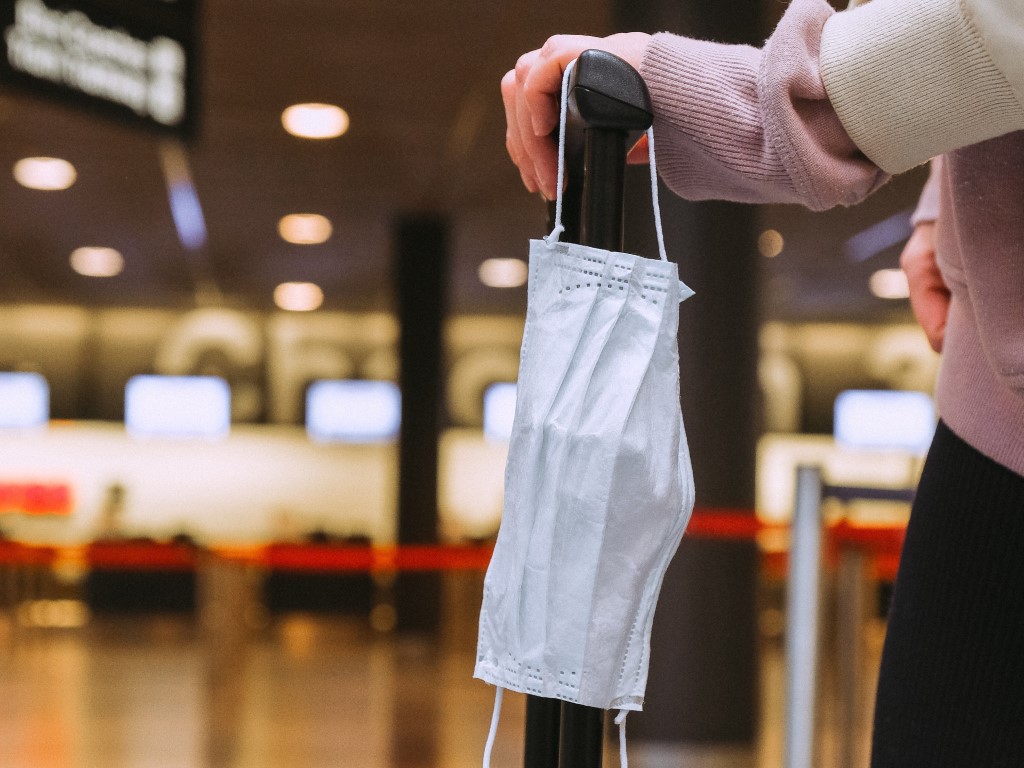The European Aviation Safety Agency (EASA) and the European Center for Disease Prevention and Control (ECDC) today recommended that European travelers vaccinated and recovered from Covid-19 not be required to undergo testing and quarantines.
At issue are guidelines released today by EASA and ECDC (acronyms in English) for safe air travel in terms of health in the European Union (EU), at a time when the covid-19 certificate proving vaccination is about to enter into force, recovery or testing and that more than half of the population received at least one dose of the anticovid-19 vaccine.
“Countries should consider vaccinated people and people who have recovered from Covid-19 in the 180 days prior to [the trip] who are not arriving from very high risk countries or areas with community circulation of strains of concern and who may providing proof of this using the EU certificate, or third country nationals using similar means of certification, should not be subjected to testing or quarantine”, advise the European agencies in the guidelines released today.
According to these two European agencies, "unusually, for passengers arriving from very high-risk countries or areas with Community circulation of variants of concern, rapid antigen detection testing could be considered before departure or upon arrival", in addition to already requested PCR tests.
With summer approaching and the travel and tourism sectors expecting to resume almost entirely, EASA and ECDC also argue that “the verification of a proof of health or a certificate, from a health safety perspective, is better organized on arrival at the airport' to avoid delays in the process.
"If the check has been reliably completed before departure, the check repeated later in the journey, including notably on arrival [at the airport of destination], has little medical justification and can lead to unnecessary queuing," they further mention, in an allusion documentation monitoring processes.
For people in the EU who are not yet vaccinated or previously infected and who have natural immunity, European agencies propose to countries a 'risk-based approach to entry measures based on risk in the country of origin and risk tolerance in the country of destination'.
In both cases, it is recommended that security measures be maintained, such as physical distance of at least one meter, use of surgical masks at all stages of the trip and filling in passenger location forms for tracking purposes.
The recommendations are not binding, as health management is a national competence of Member States, although EASA and ECDC hope that “countries across Europe will adopt their recommendations in order to ensure harmonization and safe recovery of the sector of air transport and tourism'.
Earlier this week, the EU Council adopted a recommendation for a coordinated approach to travel, proposing that vaccinated at least one dose and recovered from Covid-19 should not be subjected to restrictive measures such as quarantines or testing.
Currently chaired by Portugal, the Council informed in a statement that the adopted update “responds to the evolution of the epidemiological situation, the ongoing vaccination campaigns and the adoption of the EU Covid digital certificate”.
At issue is the covid-19 digital certificate, proof of (negative) testing, vaccination or recovery of the SARS-CoV-2 virus, which will enter into force in the EU on July 1 in summer time and which is already being used in pilot phase in Portugal.



















Comments